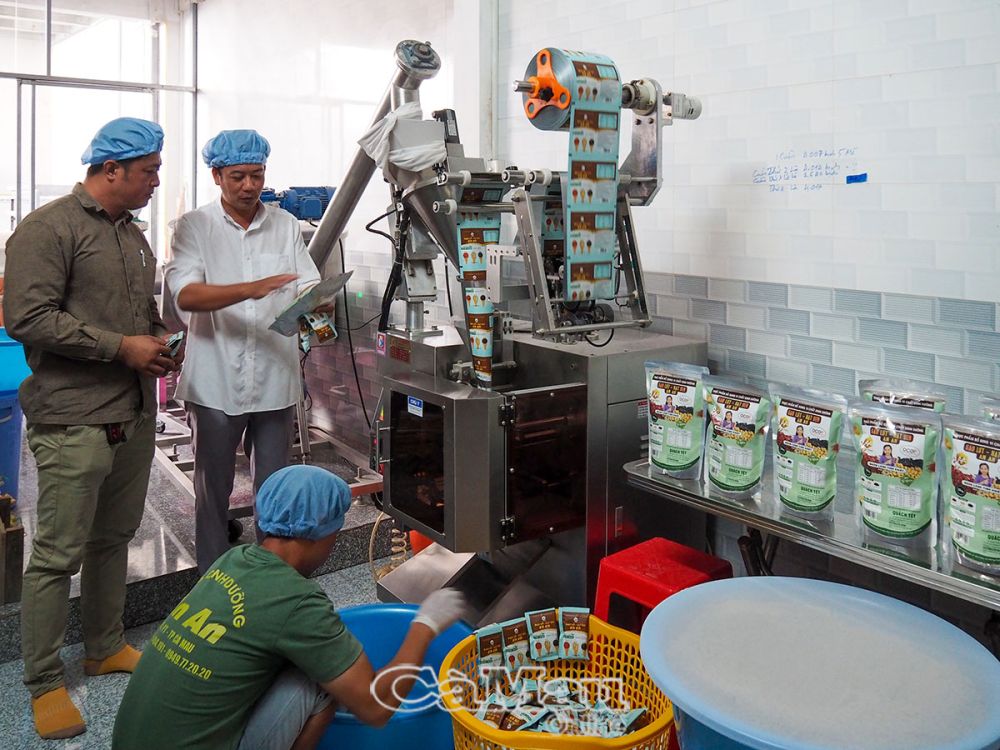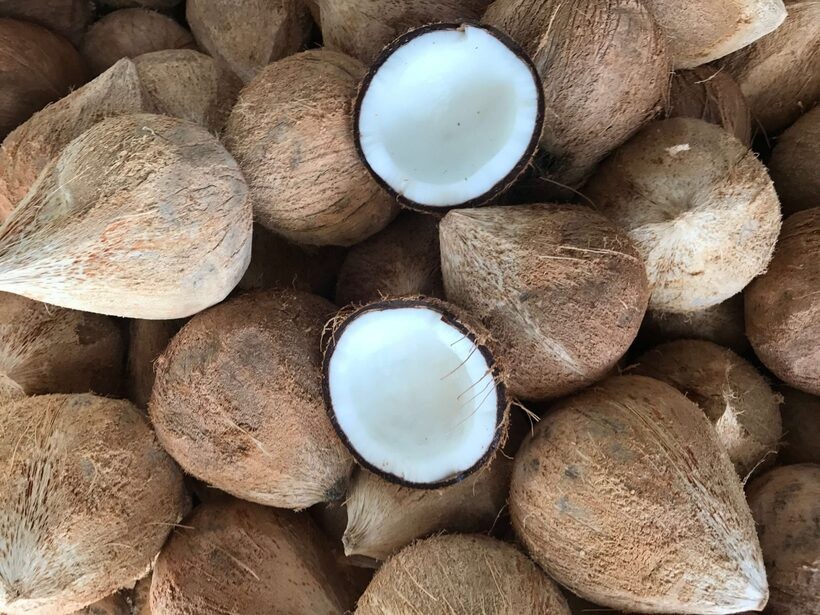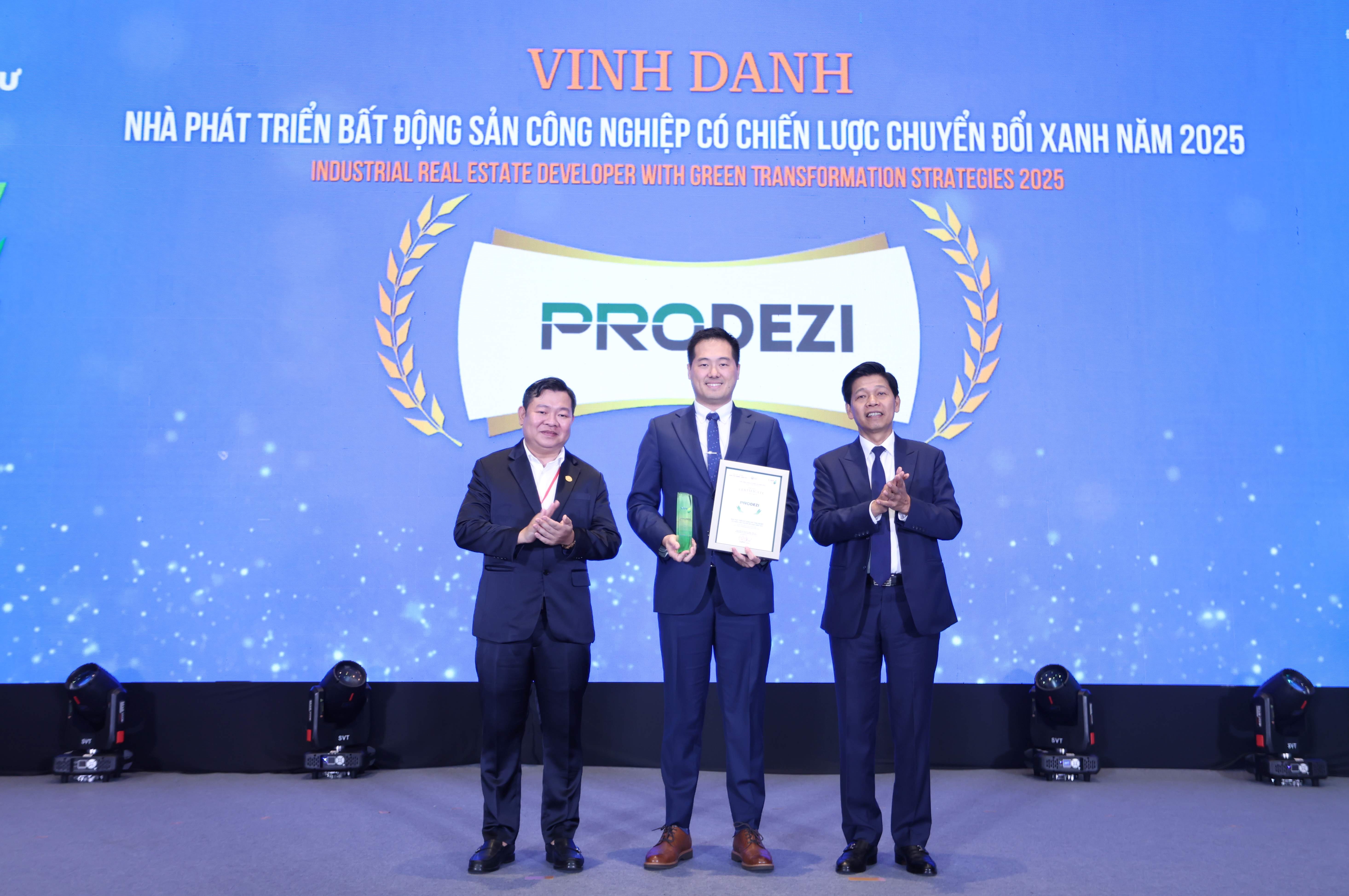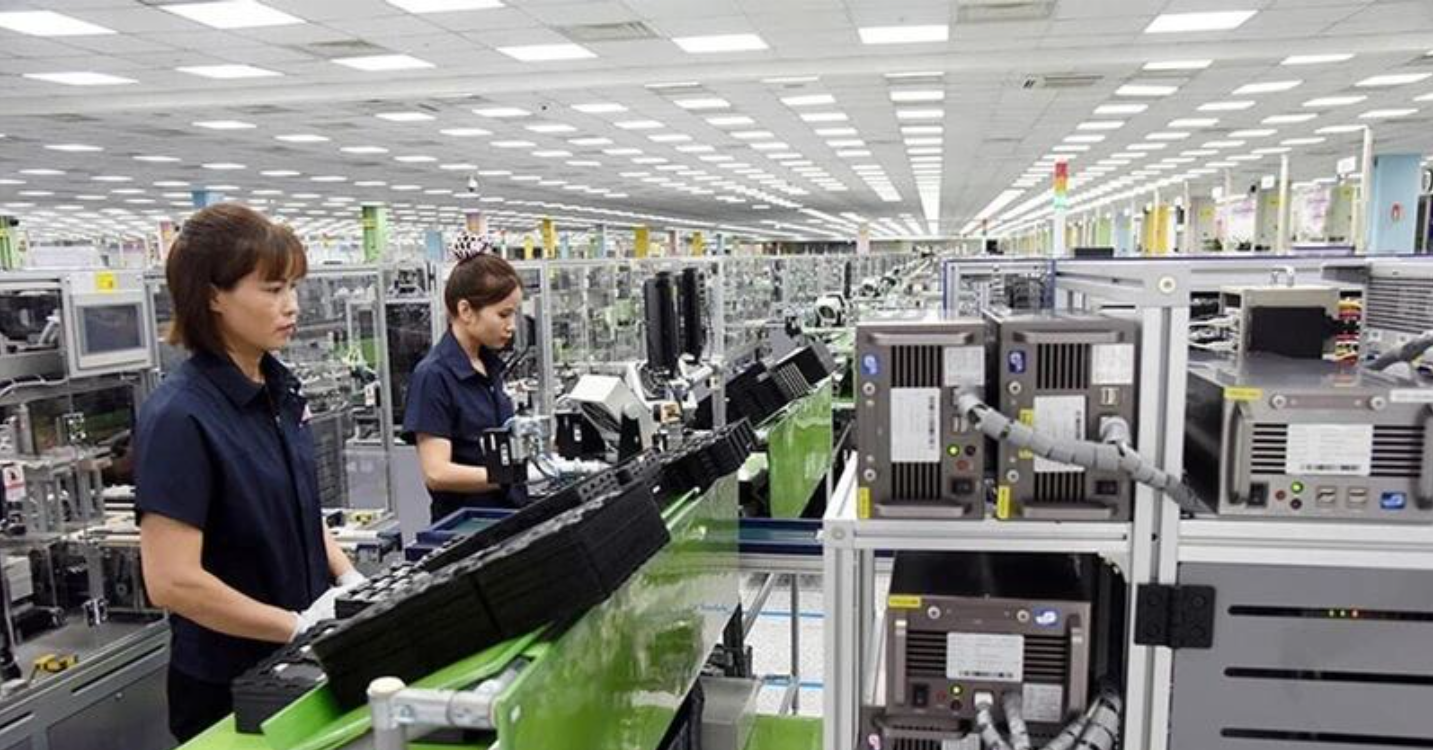
Ca Mau’s industrial promotion boosts rural industry growth
19:05 | 23/03/2025 20:10 | 04/11/2025Industry
Raw coconut imports saw a large surge
Despite being a large producer, Vietnam still ramped up raw coconut imports in the first four months of 2025, with the fruit leading in terms of growth rate. Particularly, according to the Vietnam Fruit and Vegetable Association (Vinafruit), Vietnam has spent USD 7.2 million to import raw coconuts, an 11.3 times increase compared to the same period last year.
 |
| In the first four months of 2025, Vietnam had spent 7.2 million USD to import processed coconuts, an 11.3 times increase compared to the same period last year. |
Speaking to Vietnam Economic News, Cao Ba Dang Khoa - Vice Chairman and General Secretary of the Vietnam Coconut Association - said that the raw coconut industry is “bleeding” to other markets in Cambodia, Thailand, and China.
The reason is that raw coconut exports to Thailand had increased significantly from February to April 2025. Due to the country’s shift from raw to fresh drinking coconuts in its imports, the Vietnamese variety had seen a surge in imports to Thailand through Cambodia. Additionally, Chinese businesses had also stepped up their basic processing, preliminary processing, and freezing of raw coconuts, which has led to a surge in imports from Vietnam.
Domestic coconut deep processing factories had to limit their production. The imbalance of raw materials forced domestic processing enterprises to increase imports from Indonesia.
However, this is only temporary because Indonesia is in the process of implementing export tariffs of up to 80% to protect local resources and attract investments into the coconut processing industry in the country.
Also, according to Cao Ba Dang Khoa, the price of raw coconut had increased by 500 - 600% compared to the same period last year. For fresh coconuts, due to media coverage of exports to the Chinese and American markets, the domestic price had also risen from 200 to 250% compared to the same period last year.
Vietnam’s coconut processing industry confidently competes with Thailand’s
Vietnam has more than 850 coconut businesses in charge of processing businesses, with over 100 products and more than 200 food products using ingredients from coconut trees. Especially, many businesses have deep process procedures and have helped Vietnam become the fourth-largest coconut producing country in the Asia-Pacific region.
Dried coconuts hold a large proportion of the total coconut export turnover (74%). Over the past few years, Vietnam’s coconut processing industry has turned new page, as the country’s industry reached a new level.
Tran Van Duc, Chairman and CEO of Beinco - one of Vietnam’s leading companies in processing and exporting coconuts enterprises that process and export coconuts, mentioned that their processed coconut product had been exported to more than 43 markets. Beinco's exclusive brand “Delta Coco” is present in the Americas, Europe, the Middle East,... while also being available on both Vietnamese and international e-commerce platforms.
According to Tran Van Duc, before, Thailand was the main supplier of coconut-made products to the EU and US markets. Now however, many importers from these demanding markets are beginning to switch to Vietnam because Vietnamese coconuts are in good quality, and the processing industry has been modernized to global standards.
Speaking about the subject, Cao Ba Dang Khoa mentioned that Vietnamese raw coconuts are being processed into more than 100 products, with more than 60 products are exported. We have built a brand for Vietnamese coconuts in the global market.
“Vietnam’s coconut processing industry can compete equally with Thailand’s”, said Cao Ba Dang Khoa. While the main markets for processed coconut from Thailand are China and the Middle East, Vietnam’s main markets are the United States and the EU.
In 2024, Vietnam’s export value of coconuts and coconut products reached USD 1.1 billion, with packaged fresh coconuts contributing USD 390 million. Despite the positive signs, Cao Ba Dang Khoa suggests that the sharp surge in coconut ingredients has made the coconut industry’s 2025 export goal unachievable.
“In 2025, we set an export goal of 20%, but the lack of ingredients had made some factories either stopped working or worked minimally. We estimate the export growth is only 15%”, said. Cao Ba Dang Khoa.
Vietnam has about 200,000 hectares of coconut plantation, and produces around 2 million tons of coconut every year. One-third of the land area meets the standards set by the US and the EU. The Mekong Delta is the largest coconut production area, having 88% of the country’s total coconut plantation area. Vietnam;s coconut industry has great potential for not only ingredients supplements but also for the carbon credit market.
All coconut-made products are priced higher than raw ones. For example, desiccated coconut has an export value five times higher than that of whole coconuts. Meanwhile, coconut milk powder is four times more valuable, and coconut milk and ice cream are two times more valuable than desiccated coconut. Virgin coconut oil also has an export value ten times higher than crude coconut oil.
However, in recent years, raw coconut ingredients have been exported to China with a zero-percent tariff, so businesses have put facilities in the country for deep processing. Vietnam’s processing industry is on the verge of a severe shortage of ingredients.
Following Decision No. 431/2024/QĐ‑BNN‑TT issued by the Ministry of Agriculture and Rural Development (now the Ministry of Agriculture and Environment), the coconut plantation area will be maintained at 200.000 hectares by 2030. Today, this goal has been achieved.
However, experts suggest that sustainable growth in the coconut industry should be achieved by having a localized development plan in each province, alongside the approved 2030 government plan for coconut plantation development by the Prime Minister. Especially, the plans must balance the producing and processing capabilities of raw coconuts ingredients with the market’s consumption. In the long term, deep processing is still the path towards sustainable development in Vietnam’s coconut industry.

19:05 | 23/03/2025 20:10 | 04/11/2025Industry

19:05 | 23/03/2025 20:09 | 04/11/2025Trade

19:05 | 23/03/2025 20:06 | 04/11/2025News and Events

19:05 | 23/03/2025 11:43 | 04/11/2025Trade

19:05 | 23/03/2025 11:39 | 04/11/2025Industry